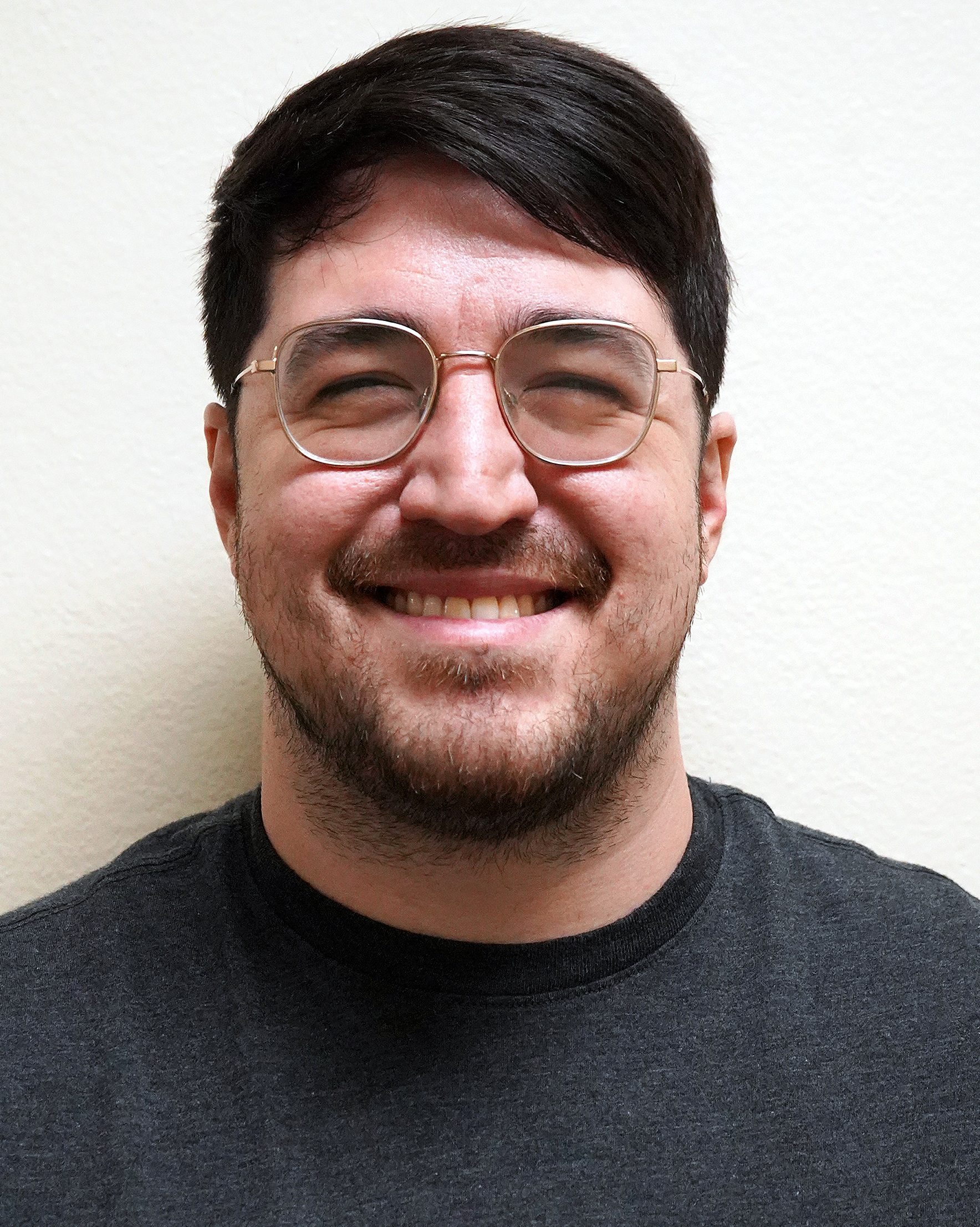EDUCATION: New QEP introduces experiential learning in action
By Alyssa Medina
Bridge Staff Writer
Published Wednesday, April 2, 2025
Quality Enhancement Planning Director Cihtlalli G. Perez exhibits a new program for TAMIU’s accreditation process, which emphasizes experiential learning opportunities intended to enhance student learning.
“A new QEP is selected every 10 years and the topic focuses on students’ success and the University decides this is what we’re investing in [for] the next 10 years,” Perez said.

Lecturer
The primary component of the plan goes through an accreditation process to provide hands-on learning and reflection opportunities to meet students’ fundamental need to expand practical skills. In 2022, institutional feedback from students and staff prompted the next QEP in advancing the University’s mission to nurture students’ academic and social development through structured research.
“We already have internship classes, undergraduate research and there’s been service-learning classes that had happened in previous semesters,” Perez said. “We’re hoping to provide students with experiential-learning-designated classes and be able to reflect on it outside of the classroom.”
A.R. Sanchez Jr. School of Business Lecturer Daniel Gonzalez elucidates the goals to meet University requirements while contributing to students’ success outcomes.
“The world is going so fast for students and educators,” Gonzalez said. “The goal for us is to meet those demands and move students forward to meet the demands of work as well.”
Gonzalez said students’ responses to experiential learning in the classroom will be the most pivotal for them as their core mission is to provide learning avenues and recognize the demand for interactive learning. QEP functions as a community-based program intended to enrich the learning experiences of TAMIU students, faculty and staff.
“We want to make sure these opportunities are open for every single student in every department,” Gonzalez said. “It really is a hybrid of faculty and students discussing these matters together and understanding how we can serve them better in the classroom.”
